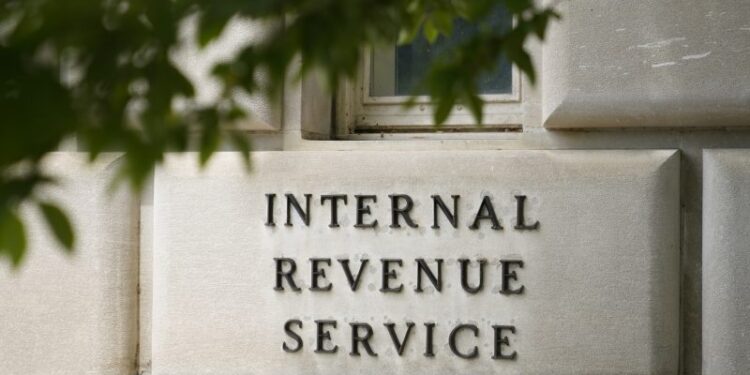
(NewsNation) – Americans do not have to pay taxes on their inheritance — in most states.
Five states, however, enforce taxes on inheritance: Pennsylvania, New Jersey, Nebraska, Maryland and Kentucky.
What are inheritance taxes?
Inheritance taxes are imposed on items left to an individual by someone deceased. The tax rate to be paid varies depending on what is left to the individual, and broadly speaking, the more inherited, the more tax.
Who has to pay inheritance taxes?
Inheritance is only taxed if the deceased individual resided in one of the five aforementioned states. Therefore, if the heir lived in Pennsylvania but the deceased individual resided in North Carolina, there would be no tax on the inheritance.
According to Smart Asset, spouses — irrespective of the state — are exempt from paying tax on inheritances.
Children and grandchildren are also exempt unless the parents had lived in Pennsylvania or Nebraska. Other relatives are exempt aside from the five states previously mentioned.
What are estate taxes?
Often, estate and inheritance taxes are conflated, when they are somewhat different. Estate tax refers to taxation on an individual’s right to transfer ownership of their entire estate, property, cash or securities. They are enforced before the recipient receives the assets.
Who pays estate tax?
A federal estate tax is enforced if the value of the assets is greater than $13.99 million in the 2025 tax year, or $13.61 million in 2024, according to the IRS.
Connecticut, District of Columbia, Hawaii, Illinois, Iowa, Maine, Maryland, Massachusetts, Minnesota, New York, Oregon, Rhode Island, Vermont and Washington all impose estate tax if their respective value thresholds are met.







